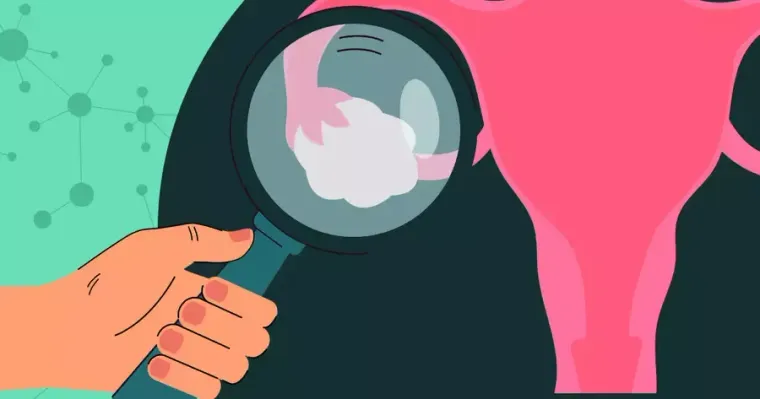Congenital Adrenal Hyperplasia (CAH) in women is a group of genetic disorders that affect the adrenal glands, which are responsible for producing essential hormones such as cortisol, aldosterone, and androgens. In women, CAH can lead to an overproduction of male hormones (androgens), resulting in various physical and hormonal changes. Depending on the severity of the condition, CAH can cause symptoms like irregular menstrual cycles, infertility, excessive body hair, and ambiguous genitalia at birth. Early diagnosis and proper management are critical in minimizing complications and improving quality of life for affected women.
There are two main types of CAH: classic and non-classic. Classic CAH is typically diagnosed in infancy or early childhood and is more severe, often leading to salt-wasting crises and ambiguous genital development. Non-classic CAH is milder, often diagnosed later in life due to symptoms like acne, irregular periods, or unwanted hair growth. Genetic testing, hormone level evaluations, and physical assessments help doctors determine the presence and severity of CAH. Treatment generally involves hormone replacement therapy to restore balance, along with regular monitoring and sometimes surgical or psychological support depending on individual needs.
What Causes CAH?
CAH is most commonly caused by a mutation in the CYP21A2 gene, which leads to a deficiency in the enzyme 21-hydroxylase. This enzyme is crucial for producing cortisol and aldosterone. When deficient, the body compensates by increasing androgen production, which results in the masculinizing effects seen in female patients.
Common Symptoms in Women
- Irregular or absent menstrual periods
- Excess facial or body hair (hirsutism)
- Severe acne
- Infertility or difficulty conceiving
- Ambiguous genitalia at birth (in severe cases)
- Early signs of puberty or rapid growth during childhood
Diagnosis and Testing
Doctors typically perform blood and urine tests to check hormone levels. Imaging and genetic testing can confirm the diagnosis. For newborns, CAH is often detected through routine screening. Women with mild symptoms might only be diagnosed during evaluations for fertility issues or abnormal menstruation.
Treatment Options
Treatment focuses on replacing deficient hormones and suppressing excess androgens:
- Glucocorticoids like hydrocortisone or prednisone help manage hormone levels.
- Mineralocorticoids are used if aldosterone is also deficient.
- In some cases, surgery may be recommended for genital reconstruction.
- Psychological counseling and support groups can assist with emotional challenges.
Living with CAH
While CAH is a lifelong condition, many women lead healthy, fulfilling lives with proper medical care. Regular endocrinologist visits, adherence to medication, and staying informed about the condition can greatly improve outcomes. For women hoping to conceive, fertility specialists can offer targeted support and treatment.
Conclusion
CAH in women can present unique challenges, but early intervention and consistent care make a significant difference. Awareness and education empower women with CAH to take charge of their health, manage symptoms effectively, and pursue their life goals without unnecessary limitations.

